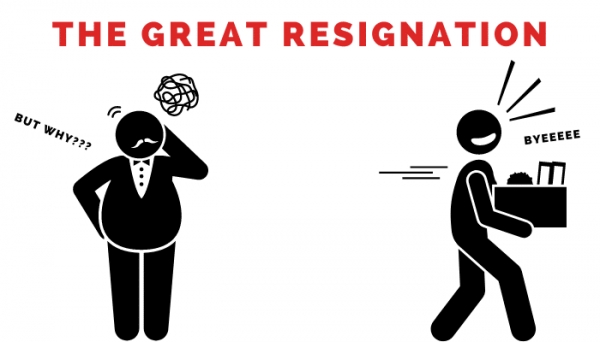
Global job openings and resignation rates have continued to record all-time highs from April 2021 according to the International Labor Comparisons (ICL). Although the job opening rate in Korea has remained at a similar rate compared to pre-pandemic times, this global change can be witnessed in Pohang. This is because this new “antiwork” movement is most actively taking place in the U.S. and China, the two biggest global exporters and import partners of Korea. In November last year, most fast-food chains such as Burger King in many countries, including Korea, substituted French fries for other products. This phenomenon was due to the global potato shortage as the U.S. struggled to find workers to export their goods. According to the American Trucking Association, trucking companies in the U.S. suffered a record deficit of 80,000 workers, and expected delivery time tripled over this period. They are also greatly lacking in ship captains. The LA harbor is full of ships and it usually takes about 80 days before a fully loaded ship leaves the harbor. Before the pandemic, it took an average of 27.8 days for it to leave the LA harbor and arrive in China. Not surprisingly, this has caused supply shocks for various goods around the world.
After the pandemic started, the area that has experienced the highest job vacancy rate is labor-intensive jobs. Over the past six months, more than 900,000 people working in companies related to food and lodgment services have resigned globally. Statistics on the job openings and resignation rates might look unaffected in Korea on paper. However, statistics from Alba Cheonguk, a search engine for part-time jobs in Korea, state that the percentage of jobs for food and lodgment services paying more than the minimum wage have increased by 69% after the pandemic. Moreover, workers are starting to consider the welfare of companies as a more crucial factor than before. People are becoming more satisfied with living a more balanced life, even if that means they earn a little less. The percentage of unmarried men in their 30s passed 50% for the first time in 2021. Also, 70% of people in their 20s and 30s stated that they consider marrying a burden. This change in Korea is slightly different from the global “antiwork” movement, but the pandemic has led to people giving up something, like resigning from their job or not marrying.


